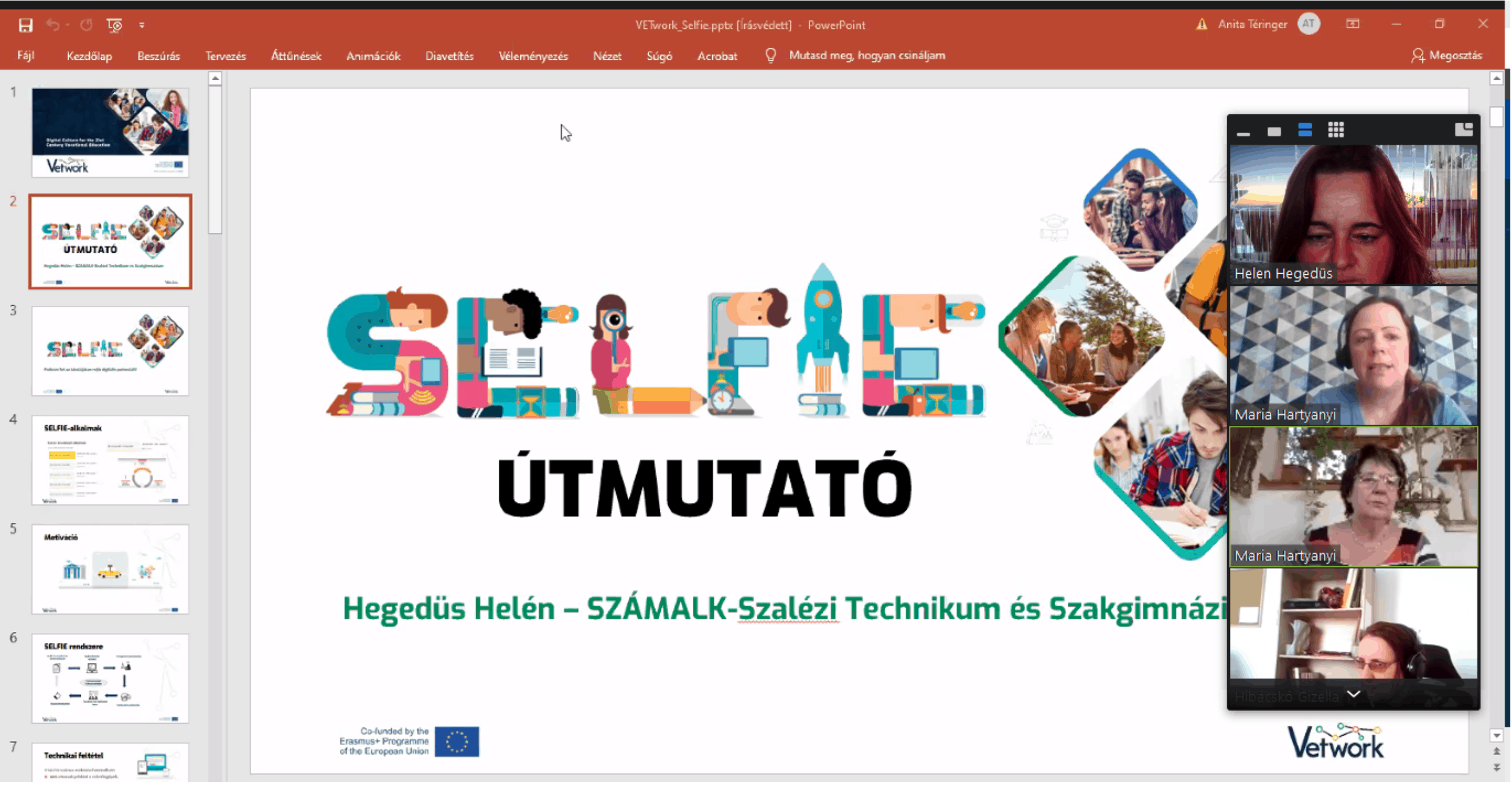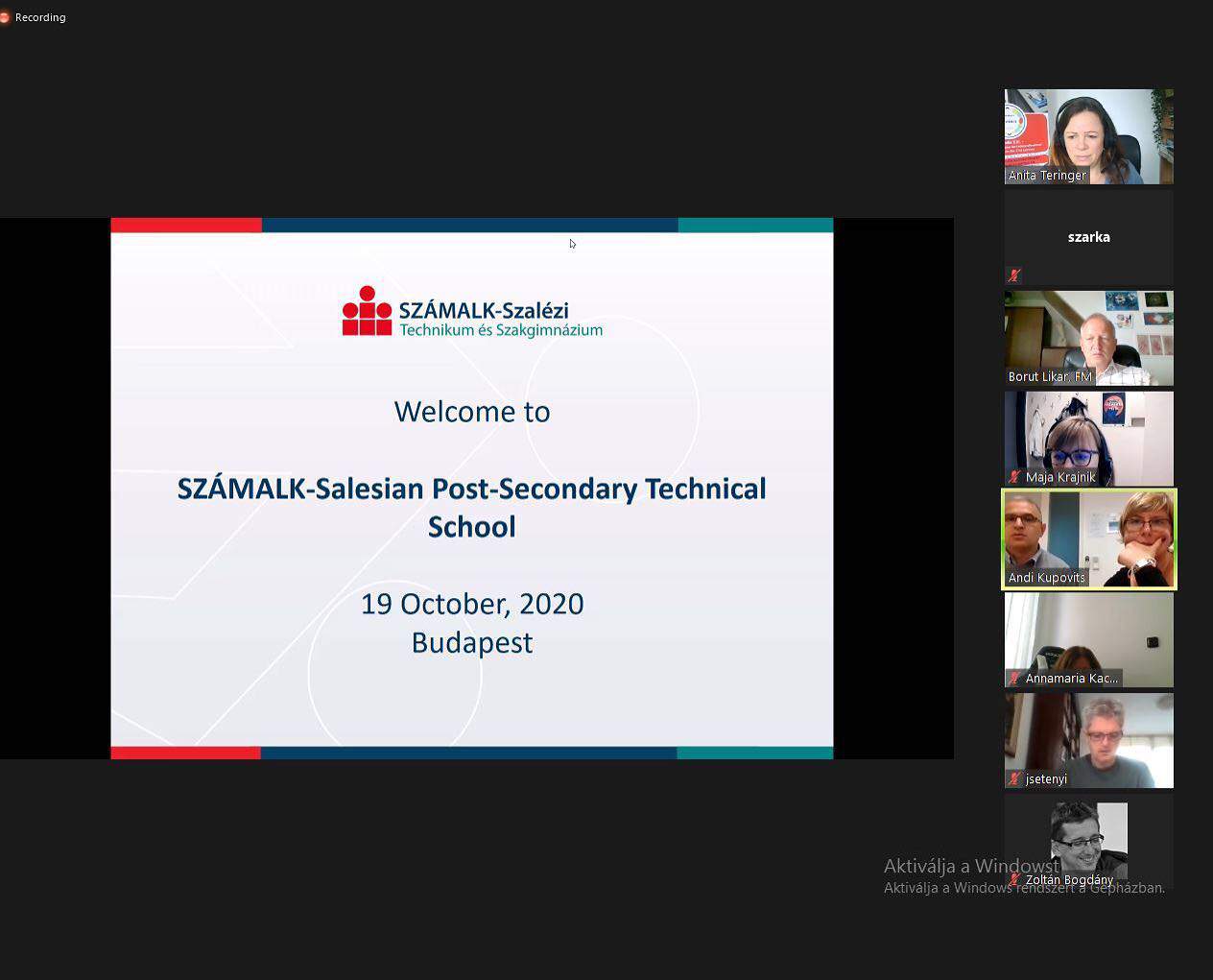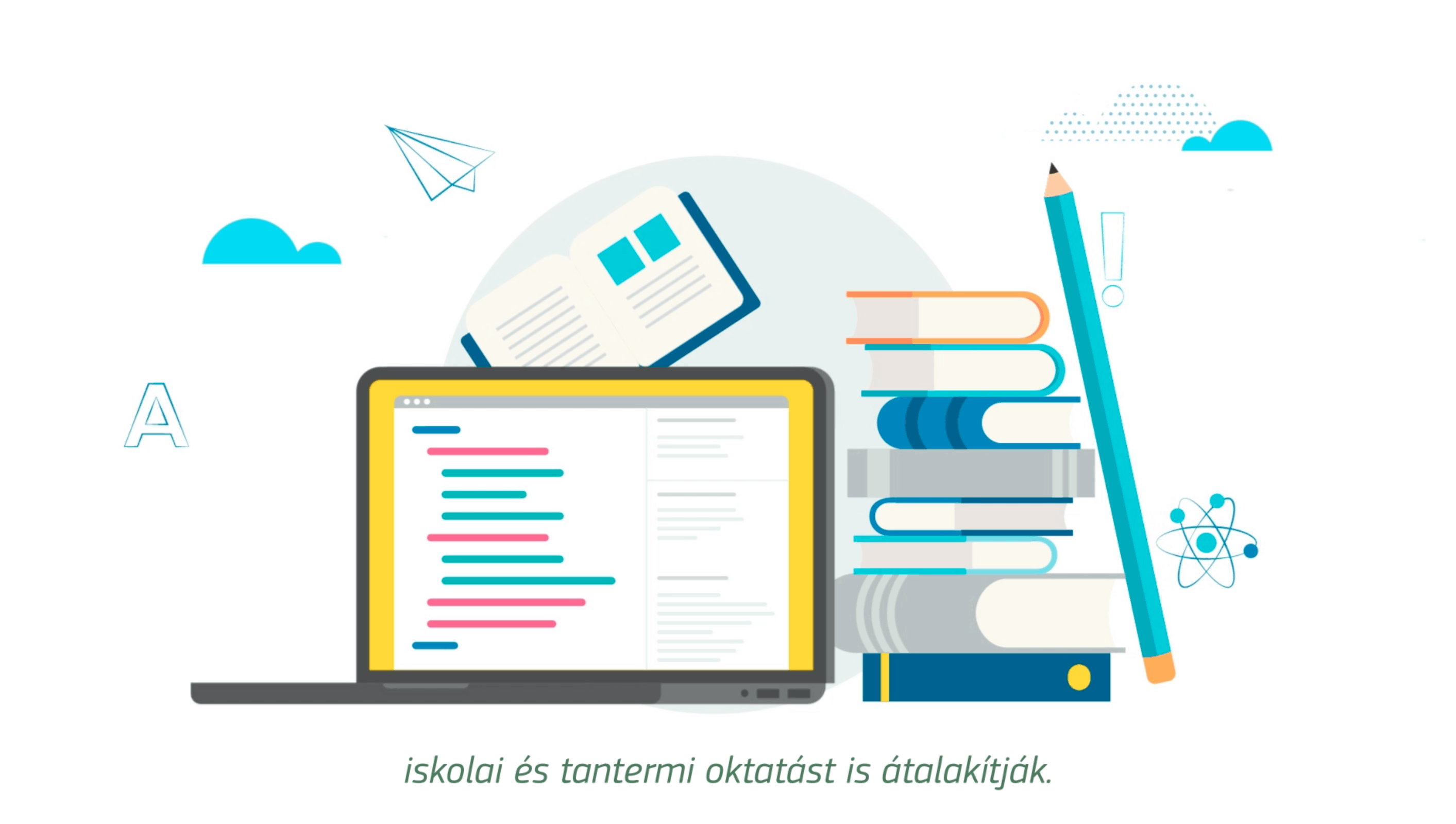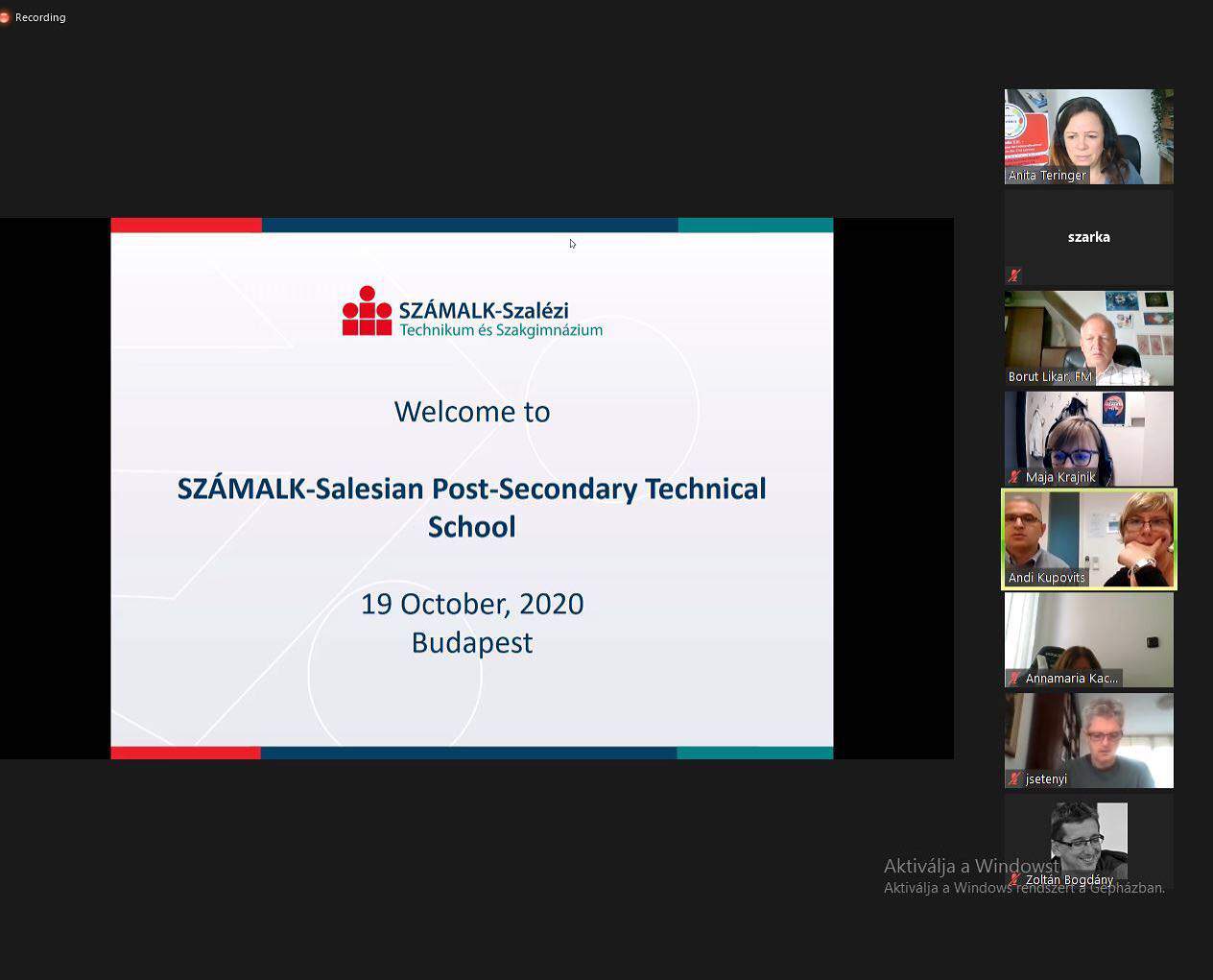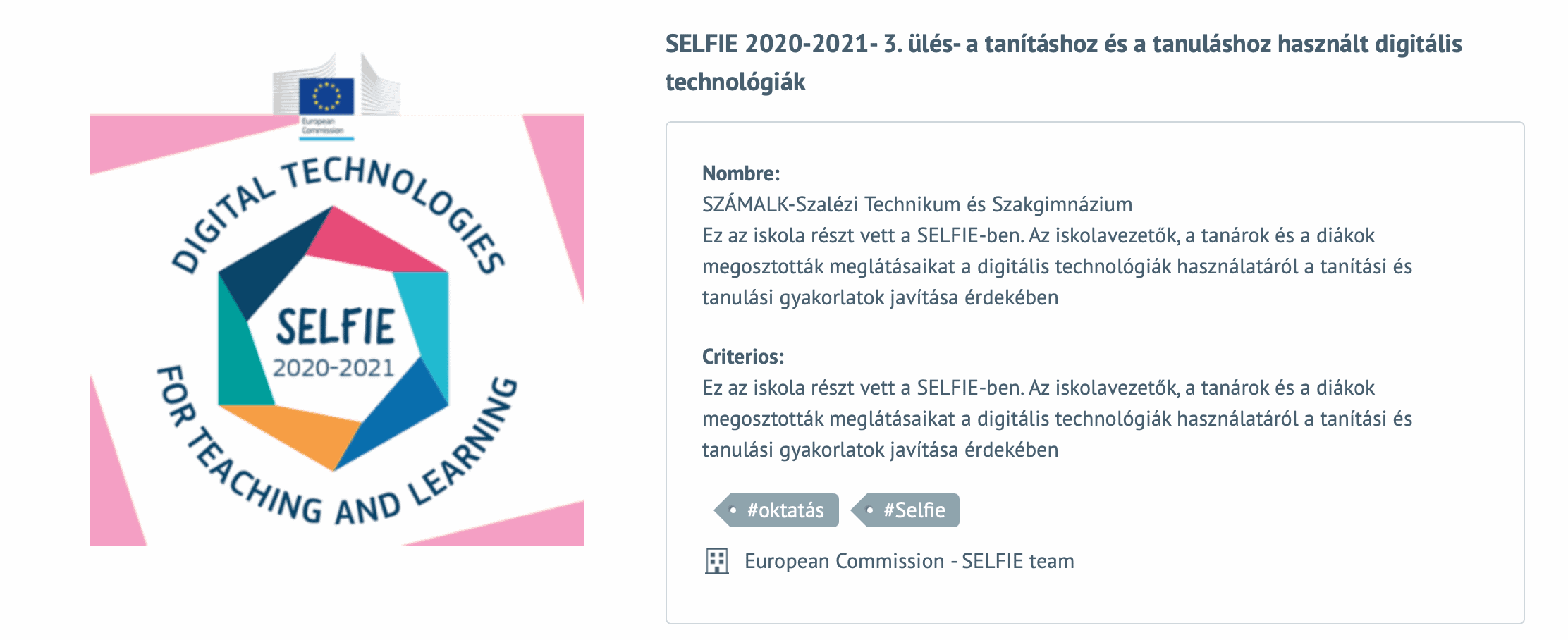VETWork – Digital Culture for the 21st Century Vocational Education
Duration: 1st Sep 2020 – 31st May 2023
Title: Digital Culture for the 21st Century Vocational Education
Acronym: VETWork
Project ID: 2020-1-HU01-KA202-078760
Program: Erasmus + KA2, Strategic partnership
Target group: VET teachers, trainers, managers
Beneficiaries: VET students
Partner countries: Hungary, Slovakia, Slovenia, Romania
Duration: 1st Sep 2020 – 31st May 2023
Contact: PROMPT-H Information Technology Educational, Trade and Service Ltd
The aim of the VETWork project (Digital Culture for the 21st Century Vocational Education – 2020-1-HU01-KA202-078760) is to develop a new training and intervention model, which is closely linked to the following sector-specific priorities in the field of vocational education and training:
• Introducing systematic approaches to, and opportunities for, the initial and continuous professional development of VET teachers, trainers and mentors in both school and work-based settings (including apprenticeships), as well as through the development of effective digital, open and innovative education and pedagogies, as well as practical tools; raising the attractiveness of the professions for VET teachers, trainers, mentors and leaders.
• Supporting the uptake of innovative approaches and digital technologies for teaching and learning, as outlined in the Digital Education Action Plan and in the Digital Competence Framework – DigComp 2.1, including the effective use of the SELFIE self-reflection tool to support a comprehensive approach to innovation, and the use of digital technologies for pedagogical, administrative, technical and organisational change.
The project aims to embed the traditional digital pedagogy teacher training program in a broader context by organizing customized school-based contact training sessions, linking it to organizational development components that enhance institutional digital competence and quality culture.
There are many teachers who are happy and enthusiastic about training courses that support their professional development. But when we ask educators one year after attending a course on digital pedagogy about the extent to which they could incorporate what they have learnt into their daily practice, the most optimist answer is 10-15%.






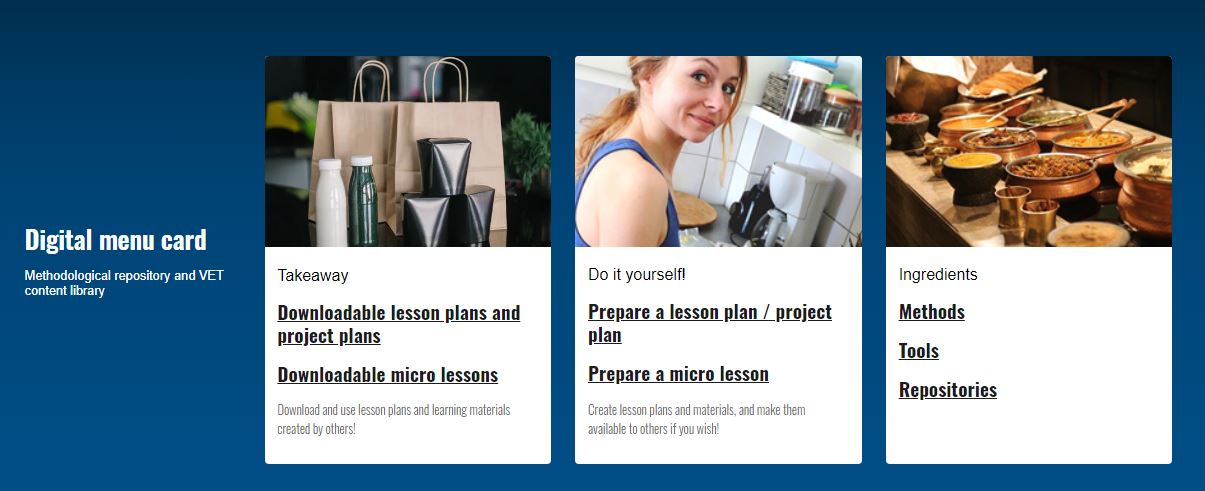 ·
· 

